Why You (Yes, Even You) Are A Brand
There’s a lot of hate towards the word “brand.” It’s one of those corporate stuffy words that people either love to hate or desperately want to be (i.e. “we want to be a power brand”) and often end up trying to do in a contrived way. The reality is, at the end of the day whether you want to be or not, or whether you’re an individual with a small business or a CEO of a Fortune 500, you are a brand. It’s time to accept and own this and not interpret it as becoming a corporate sellout.
From a corporate standpoint, let’s be real for a minute. Do most people pay $100.00 for spandex at Lululemon because they are actually better? Maybe a little bit, but people are buying into the brand and the lifestyle. Who wouldn’t want to envision their life in a lush green field lifting their spandex-clad and extremely flexible leg to the sky?
What about Whole Foods? It’s no secret when you shop there that you’re getting some needless markups. But Whole Foods has convinced us all (myself included) that we’re getting a much more natural, healthy product. Do they have more healthy options? Sure. But much of the food sold at Whole Foods has just as many nasty ingredients as what you might find at your local grocery store chain. We’ve fallen in love with the brand and what it means for us as a result of shopping there.
Now what about you as an individual? Do you create indie games or apps? Have you launched a Kickstarter? Are you seeking venture capital funding? Looking to change jobs? Are you someone who breathes? Great! You’re a brand.
When you leave the corporate world to start your own business venture, chances are the last thing you want to do is have to fit into some brand identity box. But you don’t have to.
Literally, your brand can be whatever you want it to be as long as you’re consistent, true to yourself, and authentic.
Do people buy what you’re selling because they think it’s cool or of value to them? Hopefully, yes. Are you much more likely to have a bigger following and garner more substantial long-term results if people care about you as a person and what you represent? A million times yes.
It’s important to remember that there are thousands of barriers to purchase anything these days due to a few key reasons:
People don’t know about it
Every market is oversaturated and inundated
They don’t know why they should care or why they should spend money on you (even $0.99 is a perceived risk).
You can stand out and overcome most of these barriers just by being you, being true to yourself, and sharing what makes you human with others. It’s important to remember that the biggest motivator for people buying things, doing things, saying things etc. is the meaning it gives to them by being a part of it. People love being a part of something that resonates with them and their values.
It’s a fact that people love to label everything. The second you start a new venture, people are already placing it into a category. As humans, this is how we make sense of the world. Whether you like it or not, people are going to define you as something. You can and should take control of the conversation and define your brand for yourself, instead of letting others do this for you. Be who you are instead of letting others define you and tell you who you should be.
Do you hate the word brand? Do you never want to talk about anything that you do seriously and only use the internet to make jokes? Fine. That is your brand. Own it.
Do you care deeply about social issues and spend your time being active in your community to fight for what you believe in? Great. That’s awesome and a super cool thing to tell people about as part of who you are!
These are things that you’re already doing, are authentic to you, and will help people care about the other things you do (you know, the things you need to do to make money.) People care about other people and companies who have interesting stories and who have similar values and beliefs.
So yes, you can erase that corporate stuffy version of what a “brand” actually is. On a smaller, more personal scale a brand should be:
Deciding what you believe in and what you stand for.
Figuring out a way to talk about yourself and what you do in a way that feels true to you.
Working to communicate this regularly and in an authentic way that benefits you and the people you care about.
Being consistent in who you are and what you stand for. Following through on what you say you will do.
Be who you are. Own it. Be proud of it and share it. That’s your brand. Reinterpret what a brand can, should, and has to be. Just because the word brand contains the letters b-a-d, doesn’t mean it has to be a bad thing.
